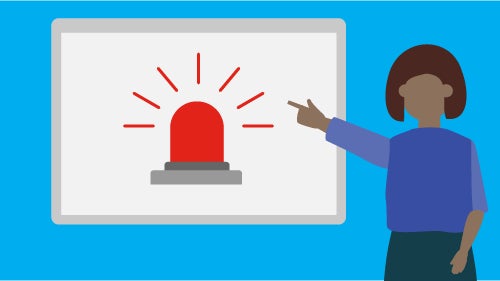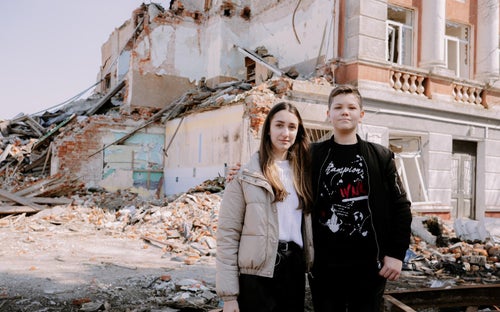When images and videos of the latest conflict consume the news and our social feeds, it can feel overwhelming and unsettling, and the constant stream of information can take a toll on our mental health.
These events can be even more confusing and frightening for children and young people who are still learning to make sense of the world. They may struggle to understand why certain things are happening and they might imagine scenarios that are even scarier than reality.
Young people will naturally have questions – some that may be difficult to answer – but having a conversation with them, even if you don't have all the answers, can help ease their worries and provide the reassurance they need.
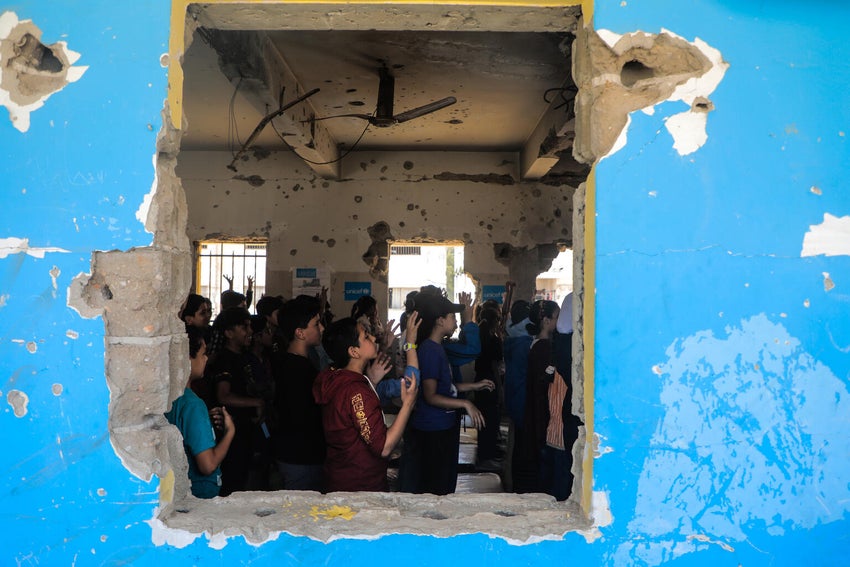
Make time for the conversation and listen to their concerns
Whether it's the war in Ukraine, Gaza or the escalating conflict in the Middle East, start by inviting your child to talk about what they've heard or engage with them when they bring it up. Evidence suggests that having a supportive discussion about a stressful event can decrease distress.
Find out how much they already know and follow their lead. Ensure you are in a safe environment and allow your child to talk freely and honestly. Drawing, stories and other activities may help to open a discussion.
Most importantly, don't minimise or avoid their concerns. Be sure to acknowledge their feelings and assure them that it's natural to feel scared about these things. Demonstrate that you're listening by giving them your full attention, and make sure they understand that they can talk to you whenever they like.
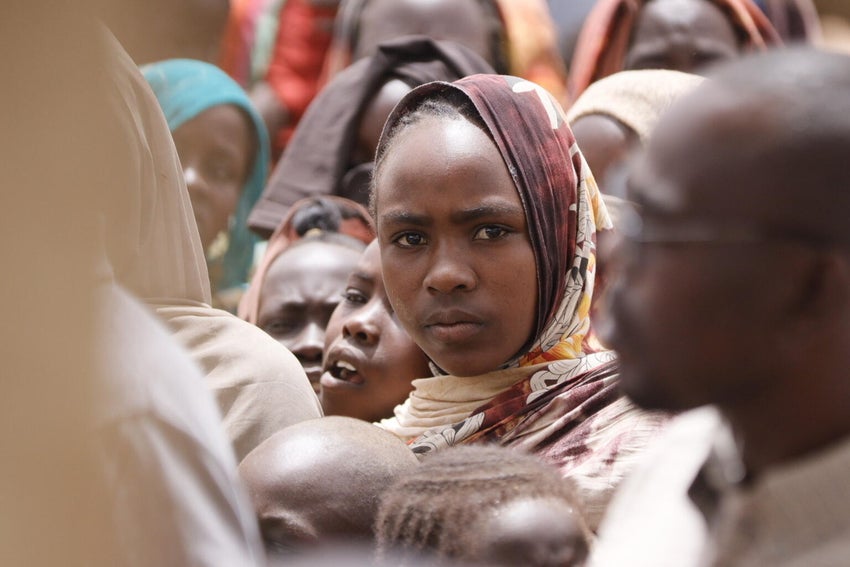
Be honest: explain the truth in a child-friendly way
Young people have a right to truthful information about what's happening in the world, but adults are also responsible for keeping them safe from distress. Use age-appropriate language, watch their reactions, and be sensitive to their level of anxiety.
If you don't know the answers, that's okay. Depending on their age, you can use it as a time to find answers together. Our UNICEF Youth pages have a selection of child-friendly explainers you can use or tune into child-friendly news, such as Behind The News and KidsNews.
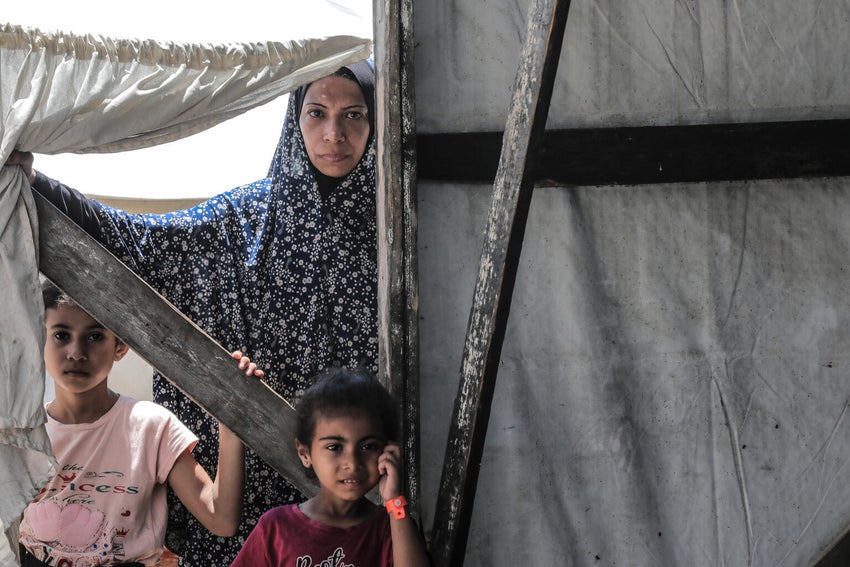
Be conscious of what your child is being exposed to
It might be a morning or evening routine to have the news on at home, but images of injured people, destroyed homes and families fleeing can be distressing and explicit and stay with children long after they see them.
Be aware of what your young person sees online, on TV or via their friends. Putting child safeguard settings in place on shared computers can be a good idea to limit results that come up if they are searching for answers.
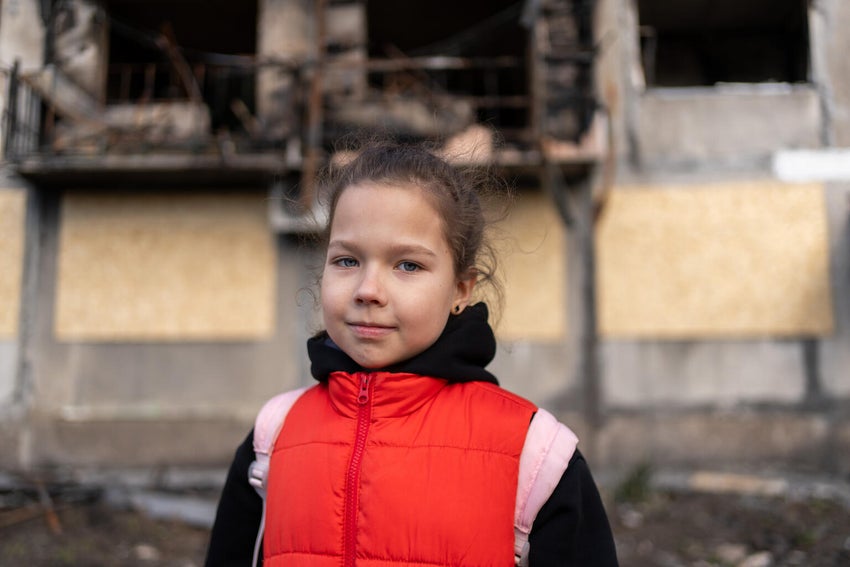
Reassure them with your normal family routines
When we're seeing lots of troubling images on TV or online, it can sometimes feel like the crisis is all around us. Children may not distinguish between images on screen and their own personal reality, and they may believe they're in imminent danger.
You can help your young person cope with the stress by making opportunities for them to play and relax, when possible. Keep regular routines and schedules as much as possible, especially before they go to sleep, or help create new ones in a new environment.

Let them know that kind and dedicated people are doing everything they can to help
It’s important for children to know that people are helping each other with acts of kindness and generosity. Reminding children that there are forces for good in the world is important to help them feel protected and safe.
Letting them know that organisations like UNICEF exist especially to protect and deliver emergency support to children who are scared or living in dangerous places can settle some of their fears.
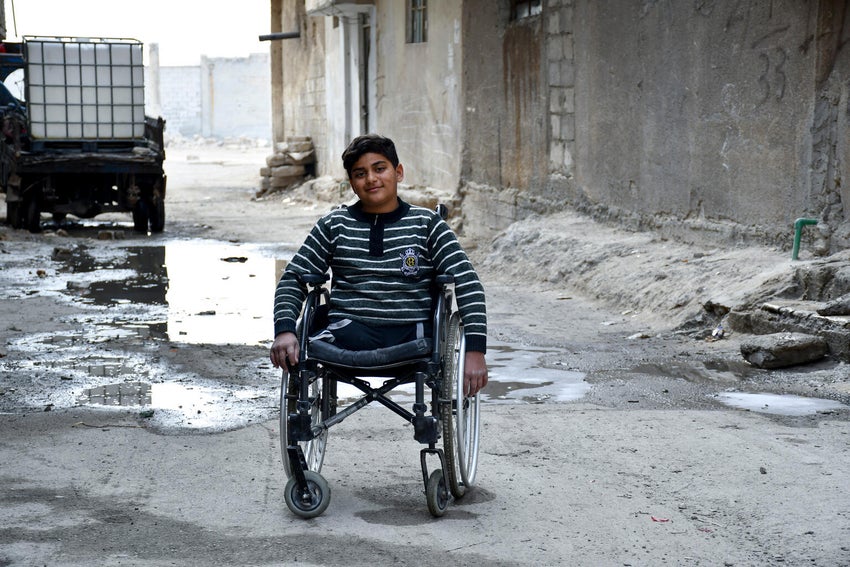
Encourage compassion and understanding for all people
Conflict can often bring with it prejudice and discrimination. When talking to your children, avoid labels like "bad people" or "evil" and instead use it as an opportunity to encourage compassion for everyone who is affected.
Your children might have friends who have connections to people on both sides of the conflict or have a direct connection themselves. Check that your children are not experiencing or contributing to bullying. If they have been called names or bullied at school, encourage them to tell you or an adult they trust.
Remind your children that everyone deserves to feel safe at school and in society. Bullying and discrimination are always wrong, and we should each do our part to spread kindness and support each other.

Take care of yourself
You can help your kids better if you're coping, too. Children will pick up on your response to the news, so it helps them know you're calm and in control.
If you’re feeling anxious or upset, take time for yourself and reach out to other family, friends and trusted people in your community. Make some time to do things that help you relax and recuperate.
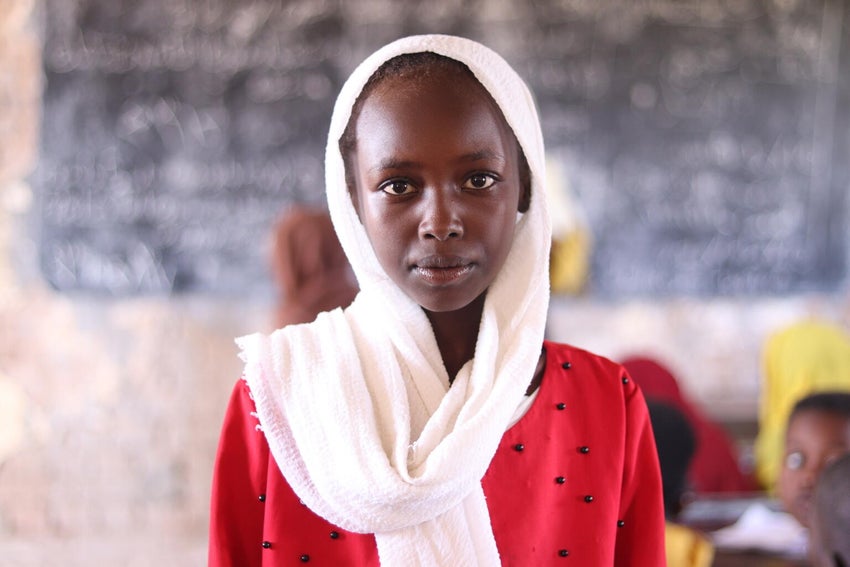
Offer them a practical way you can help as a family
Taking action as a family can help to reassure your young person that they have done something to help the people or situation they are worried about.
This can be as simple as drawing a picture, writing to a decision maker or organise a fundraising event for the emergency. This can help them to feel like they have done something good to help the situation.
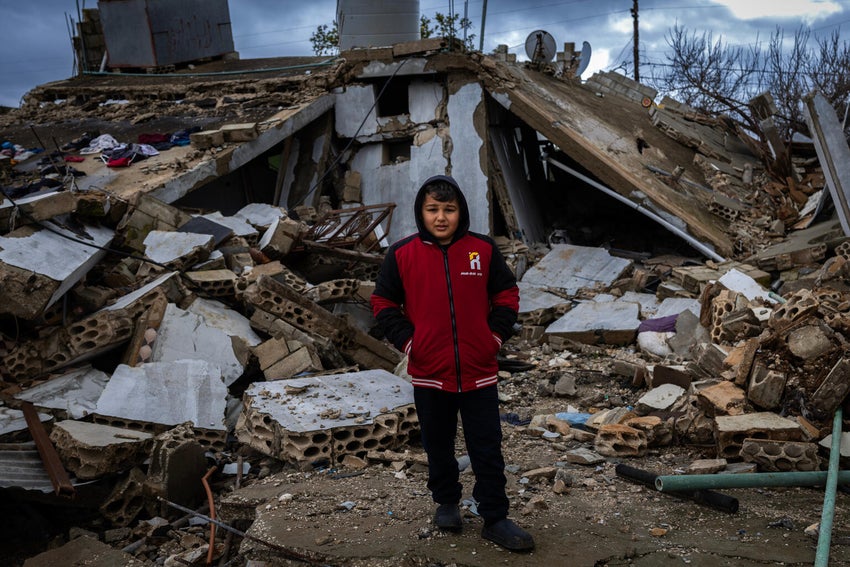
Close conversations with care
It’s important to know that we’re not leaving children in a state of distress. As your conversation wraps up, try to gauge their level of anxiety by watching their body language, considering whether they’re using their usual tone of voice and watching their breathing.
Remind your children that they can have other difficult conversations with you anytime. Remind them that you care, you're listening, and you're available whenever they're worried.
If you or a loved one is struggling, reach out to Kids HelpLine at any time on 1800 55 1800 or Lifeline on 13 11 14.
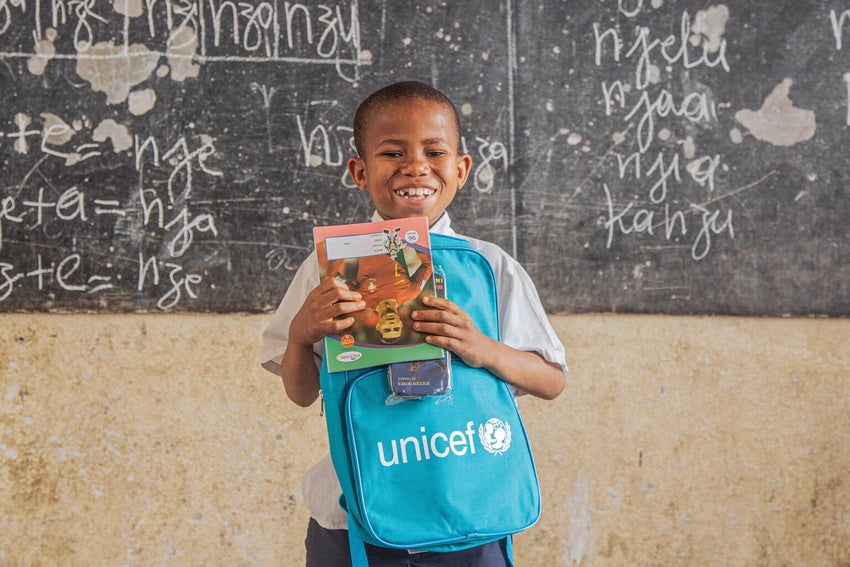
How UNICEF supports children during conflict
During conflict, children often have limited access to healthcare, clean water and shelter. Children are more vulnerable to life-threatening forms of malnutrition and preventable diseases, and millions of school-aged children miss out on their right to an education.
Our teams act quickly to deliver clean water and essential medical supplies to prevent malnutrition and illness. We help new mothers give birth safely and provide lifesaving vaccines to protect children from deadly disease outbreaks.
Helping communities recover also means creating safe spaces for children so that they can continue to learn and play, providing innovative tents for children and families to shelter in, and providing psychosocial support to help children process and cope with their changing world.





